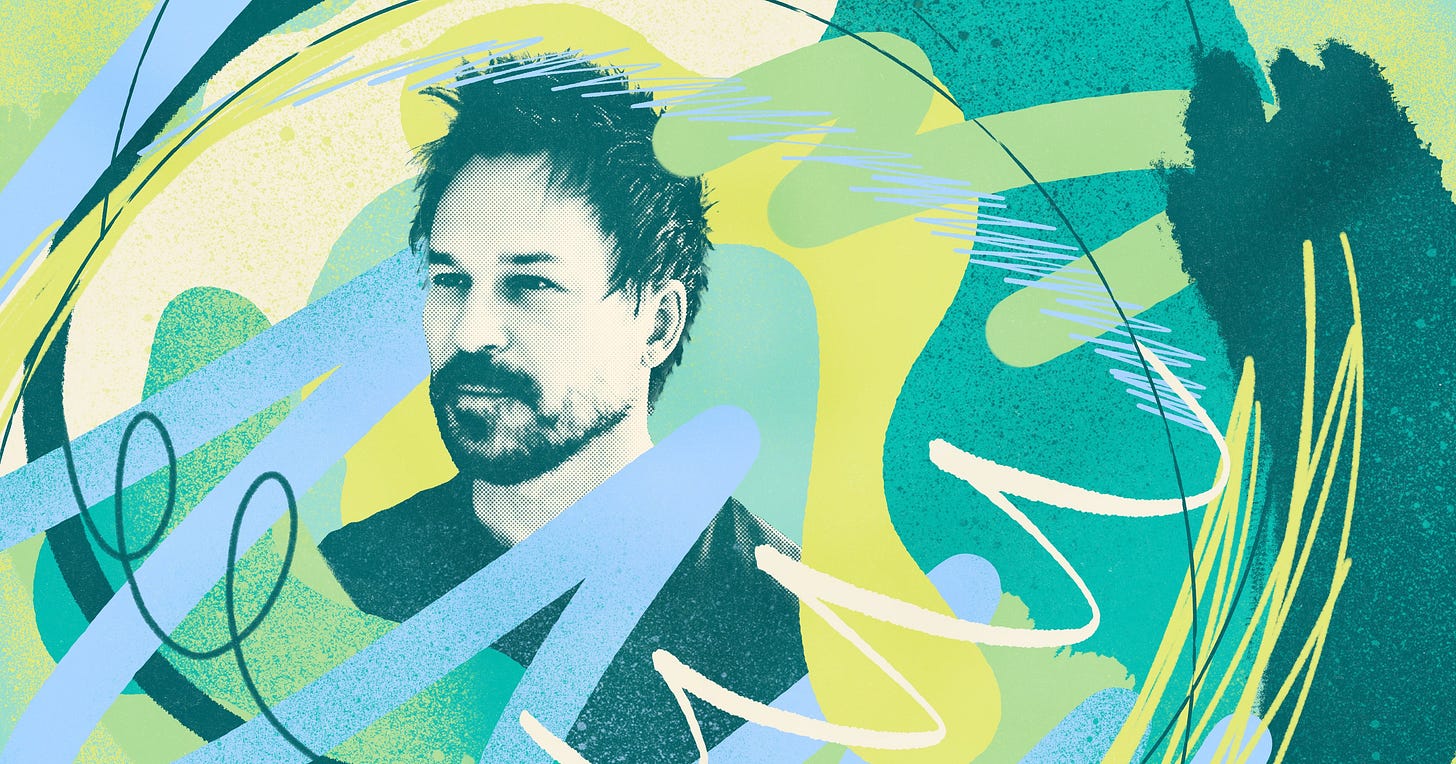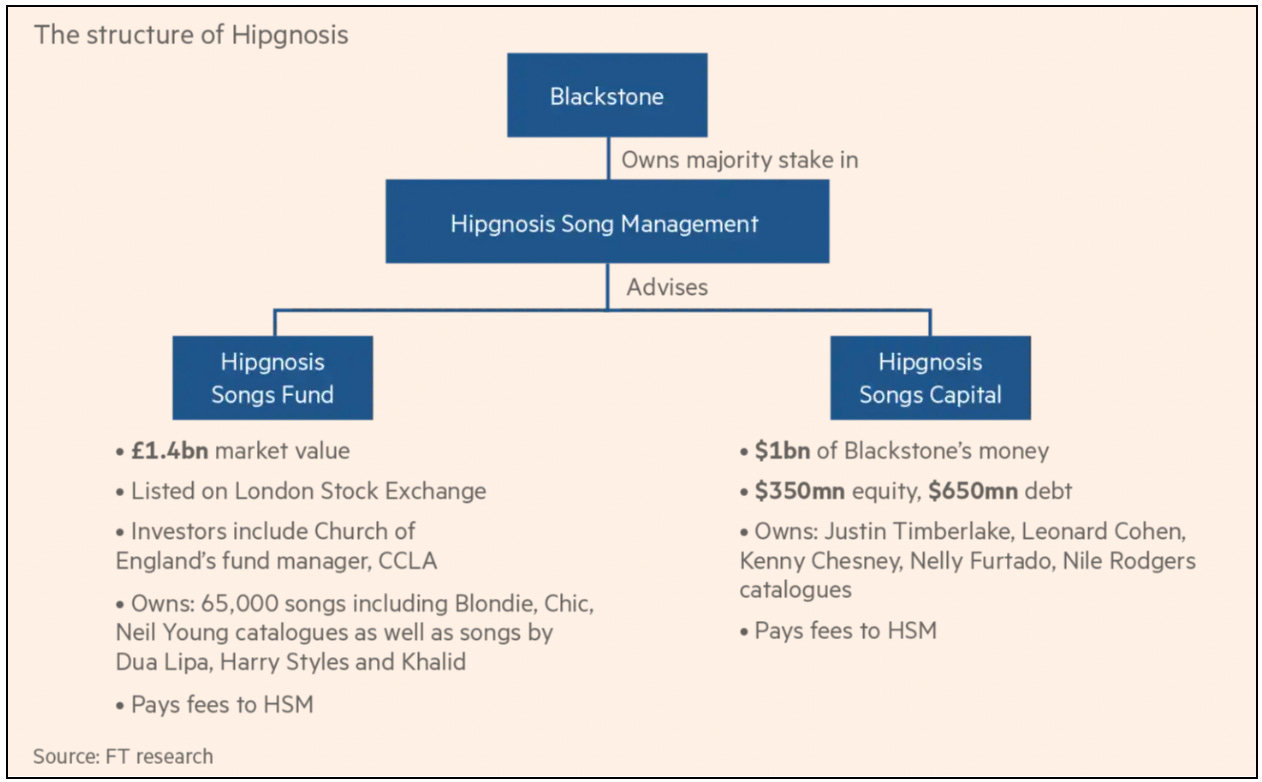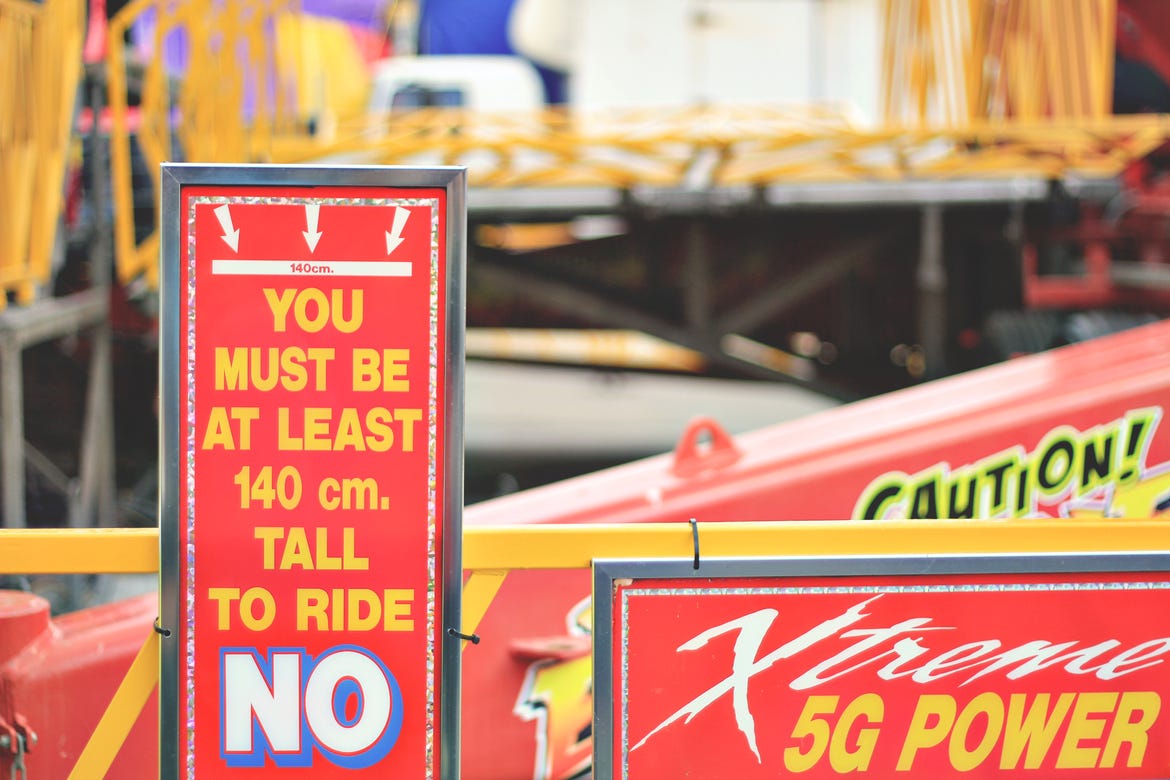BT's AI For Dummies
The electronic artist and AI expert explains some key concepts in plain english.

Despite the endless articles attempting to untangle artificial intelligence, there remains a lot of uncertainty about this incredibly advanced and utterly complicated technology. How does it work? What can it do? What does it mean for us mere mortals who never learned to code?
When the world gets too complicated, artists are often the ones who step in to help us understand what’s going on. BT (Brian Transeau) is an accomplished electronic musician who has released 15 albums, another 15 film scores, and half a dozen video game soundtracks throughout his nearly 30-year career. He’s also an accomplished software developer and tech entrepreneur who’s built groundbreaking plug-ins for major developers like iZotope, Boulanger Labs and Spitfire Audio.
Today, BT is the CEO of Soundlabs.ai, a startup building “generative AI for music makers.” This makes him the perfect person to translate the technical morass of machine learning into concepts anyone can understand. Even the notoriously non-techie U.S. Senate, recently reached out to BT for input on issues of AI.
We knew that talking to Brian would help untangle our own misconceptions. And we used our convo to develop this plain talk AI primer that can serve as a starting point for helping our readers comprehend the conversations.
If you want to go deeper into understanding AI, we recommend checking out the full Cadence Talk with BT available to our Premium Subscribers.
BT’s Plain Talk AI Primer
How does it work?
“There are two steps to it. What's considered to be an autoencoder phase and then a fine-tuning phase. In the autoencoder phase, we're basically determining the sum total of everything that's possible. So it's just like, imagine a canvas that you're just painting every color on just so you know what colors are available.
In that phase, many people are training on scraped data. We saw that with things like Midjourney or Stable Diffusion — just scrape the open internet for imagery and take comments from those images for words and bound them to the imagery.” (Watch Full)
“When you fine-tune, you're saying, look at everything that's possible. And I only want you to look at snare drums. Now, like I've taught you what music is. Just give me back snare drums. Well, when you do that, you fine-tune, you're taking this massive set of information and you're codifying it down in something very small.”
What is Open Source?
“There are tools that exist right now, many that are being developed completely and totally in open source, in the open source community. Some by research institutions, some by large technology companies like Meta and Google, although many of those projects are open-sourced as well — but their training sets are not.
So these things are being developed in public. It's a part of why the growth rate is hyper-exponential. It’s because the brightest minds in the world are all building on the work of each other. And so these problems are being solved and iterated upon at a pace that we really have never seen in human history.”
Can AI Be Regulated?
“No matter what happens, we're making these things. This is happening. If our team stopped. And the five other teams I know — smaller teams, not your Googles and Metas, working on similar but different things — stopped. And everybody stopped. It's going to happen with another nation-state. It's going to happen in another country. There's too much enthusiasm and the pace of development is too high.”
What Are the Benefits For Musicians?
“The idea of writer's block three years from now, is actually unimaginable. It's unimaginable. And I'm serious, like, that is going to end.
We'll probably be able to put a pin in the calendar when musicians say, “Wow, I sat down, I was kind of having an off day, and I fed some things that I'd been working on to this thing, and I inputted verse, and I really liked the first two chords, and I hated this third thing that it did. So I started playing with these two things, and I made a third chord, and then it gave me an idea for a lyrical turn of phrase, and then I wrote the rest of the song.” That's the world I'm excited about moving into, where this becomes this assistive, augmented thing for helping people make beautiful music, which makes the world better.”
“Composing to picture — my God! I mean, the amount of times I've written a score cue where you're like, are you guys fricking serious? You recut it again. We're on the 78th version of this thing. And the main character hits the light switch, and I got to hit that moment, and you're like recalculating the beats per minute and the time signatures just to make it right to the light switch.
These are the kind of things that are really laborious work that make it so you make less music. And these are the exact kind of things that AI is going to absolutely completely and totally unlock as tools.”
What Are the Benefits For Fans?
“I look forward to living in a world where my Aura ring or my Apple watch or my Whoop band or whatever is taking in all kinds of biometric information about my person. Maybe I'm stressed out. My heart rate is elevated. My heart rate variance is too high or too low. My oxygen levels aren't great.
And the music I'm listening to on my AirPods, my favorite singer, it adapts that to the state that I'm in just for me. Totally context-driven, biometrically aware music that is generated in real-time from the training set of an artist that's my favorite, that I subscribe to; there's a world I'm excited about.”
TAKEAWAYS
Salient statements from this week’s music news.
1. Spotify Will Let Artists Pay to Appear as Homescreen Recommendations
At $100 minimum, some are calling this more streaming payola. But to us, it seems more like a poster hanging in the record store window.
Takeaway: While Showtime has an upside for artists, the jury is out on how users will react to promoted content on an increasingly packed home screen.
2. Hipgnosis to Sell Catalogs for $465 Million to Fund Share Buy Back Programme and Repay Debt
The publicly-traded Hipgnosis Songs Fund is selling songs to Blackstone-owned Hipgnosis Songs Capital.
Takeaway: All catalogues would continue to be managed by Hipgnosis Song Management, following the sale. The company has also agreed additional, lower investment advisory fee tiers with Blackstone.

3. Deezer & Universal’s New ‘Artist-Centric’ Royalty Model Is Stirring Debate
The new model of creating a threshold to payment has champions in those who make their money off those artists and detractors in (surprise) those whose business model casts a wider net.
Takeaway: It wouldn’t be the first time online platforms implemented guardrails and barriers to entry. Deezer and Universal point to Google’s search algorithm or the YouTube Creator Program as comparable examples. YouTube, TikTok, X (formerly Twitter), Facebook and Snapchat all have follower and view/impression benchmarks that creators need to reach in order to be eligible for benefits like advertising revenue sharing, many of which are higher than the threshold Deezer has set.



I worked at iZotope where BT licensed his name to use on a selection of non-ML but very fun creative plugins. I would deeply hesitate to call him an AI expert. A creative, absolutely. But there are many many generative AI audio tools currently in market and used by creatives.
It would be great to speak to developers and ML engineers of these in market tools, and the creatives who use them, rather than a figurehead drumming up support for his yet to be released generative plugin(s) from his brand new company. No shade to BT as a creative, but a bit of shade to self proclaimed rather than industry proclaimed AI experts, even if they boast to have spoken as an ‘expert’ to congress.